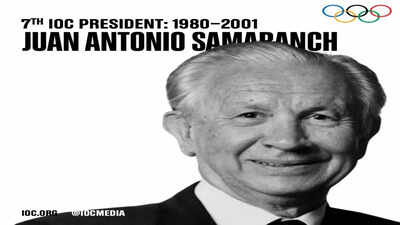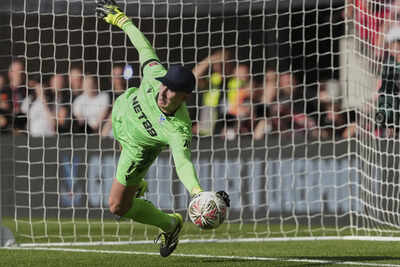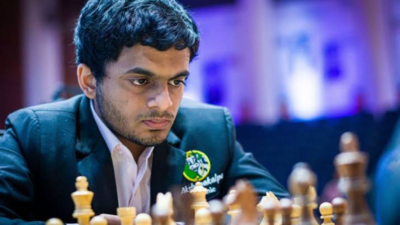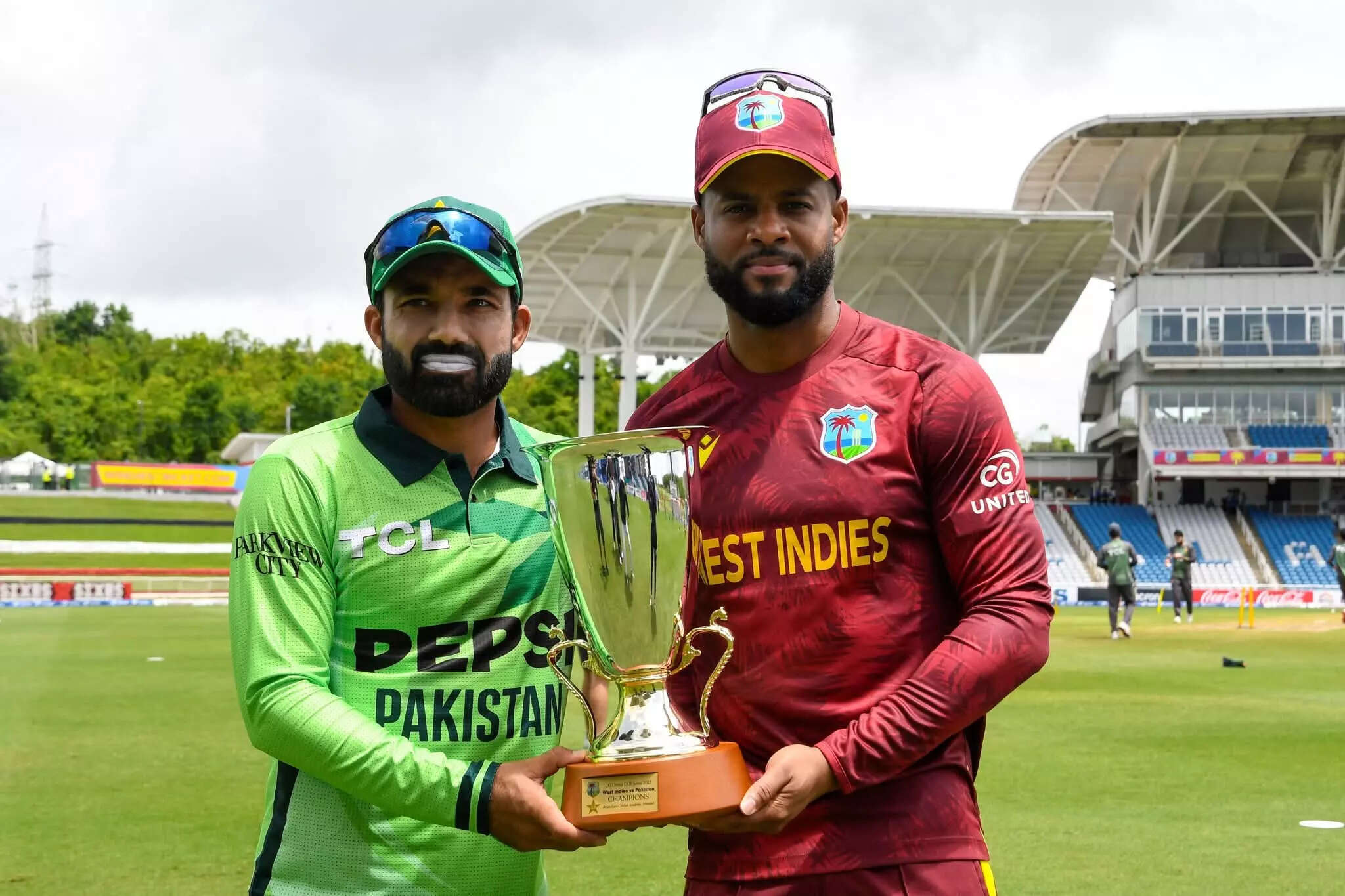International Olympic Day: Juan Antonio Samaranch Senior – The controversial figure who saved the Olympics | More sports News

International Olympic Committee’s (IOC) incoming president Kirsty Coventry and outgoing president Thomas Bach will honour each other at Monday’s handover ceremony in Paris, with both acknowledging Juan Antonio Samaranch Senior’s crucial role in saving the Olympic movement from potential extinction, transforming it into a financially robust organisation during his presidency from 1980 to 2001.Coventry and Samaranch Senior share a background of serving in controversial regimes before their IOC roles. Coventry served as sports and arts minister in Zimbabwe’s government, whose 2023 election was deemed unfair by international observers, while Samaranch held a high position in General Francisco Franco’s fascist Spanish regime.Go Beyond The Boundary with our YouTube channel. SUBSCRIBE NOW!Samaranch Senior’s presidency faced scrutiny during the 2002 Salt Lake City Winter Olympics votes-for-favours scandal, yet his contributions to the Olympic movement remain significant.“His legacy is that we have an Olympic Games to talk about,” former IOC marketing executive Terrence Burns told AFP. “He saved it from financial and political ruin.”After Franco’s death and Spain’s return to monarchy, Samaranch Senior became ambassador to the Soviet Union, acknowledging his political career in Spain had ended. He consistently maintained he was not a fascist.His election as IOC president occurred during the 1980 Moscow Games, which were affected by boycotts following the Soviet invasion of Afghanistan.Former IOC marketing chief Michael Payne emphasised Samaranch’s impact: “Within the IOC I think the Samaranch legacy is fully understood: that he saved the Olympic Movement.”Payne highlighted Samaranch’s success in developing the business model, including television strategy and the TOP programme, which became the most successful sports marketing program ever.According to Payne, Samaranch Senior was more introverted than his son, who recently finished second to Coventry in the IOC presidential election.“He was very introverted, a great listener, didn’t do a lot of talking, and a great strategic thinker,” said Payne. “But because he wasn’t at the forefront, communicating and explaining, he was often misunderstood. He only learned English as his third or fourth language when he was 60.”Samaranch’s leadership during the Salt Lake City scandal demonstrated his resilience, resulting in six members’ expulsion and implementation of reform measures.“He was calm under unbelievable pressure and stress,” Payne recalled. “Honestly, you went to the office every day and you didn’t know if the organisation would survive… And that was for three months. It was brutal. And yet, Samaranch Senior displayed absolute calm, focus.”In a rare moment of vulnerability, Samaranch told the Los Angeles Times in 2000: “Retiring myself after the Barcelona Games (in 1992), I could have been a hero, no? I cannot regret. I have to write my history again.”Samaranch demonstrated his tough negotiating skills when Greece opposed the Olympic torch lighting for the 1984 Los Angeles Games due to commercialisation concerns.“Samaranch sent one of his relatives to Olympia to privately film the lighting of the flame, put it in a miner’s lamp, and brought it back to Lausanne,” Payne revealed. “Then Samaranch called the Greeks and said, ‘just for you to understand, I now have the Olympic flame on my desk. Either you will agree to let the Americans come and properly light it or there will never be another torch lighting in Olympia. Because it will be lit at the Olympic Museum in Lausanne.‘ So he wasn’t shy of being very tough.”




